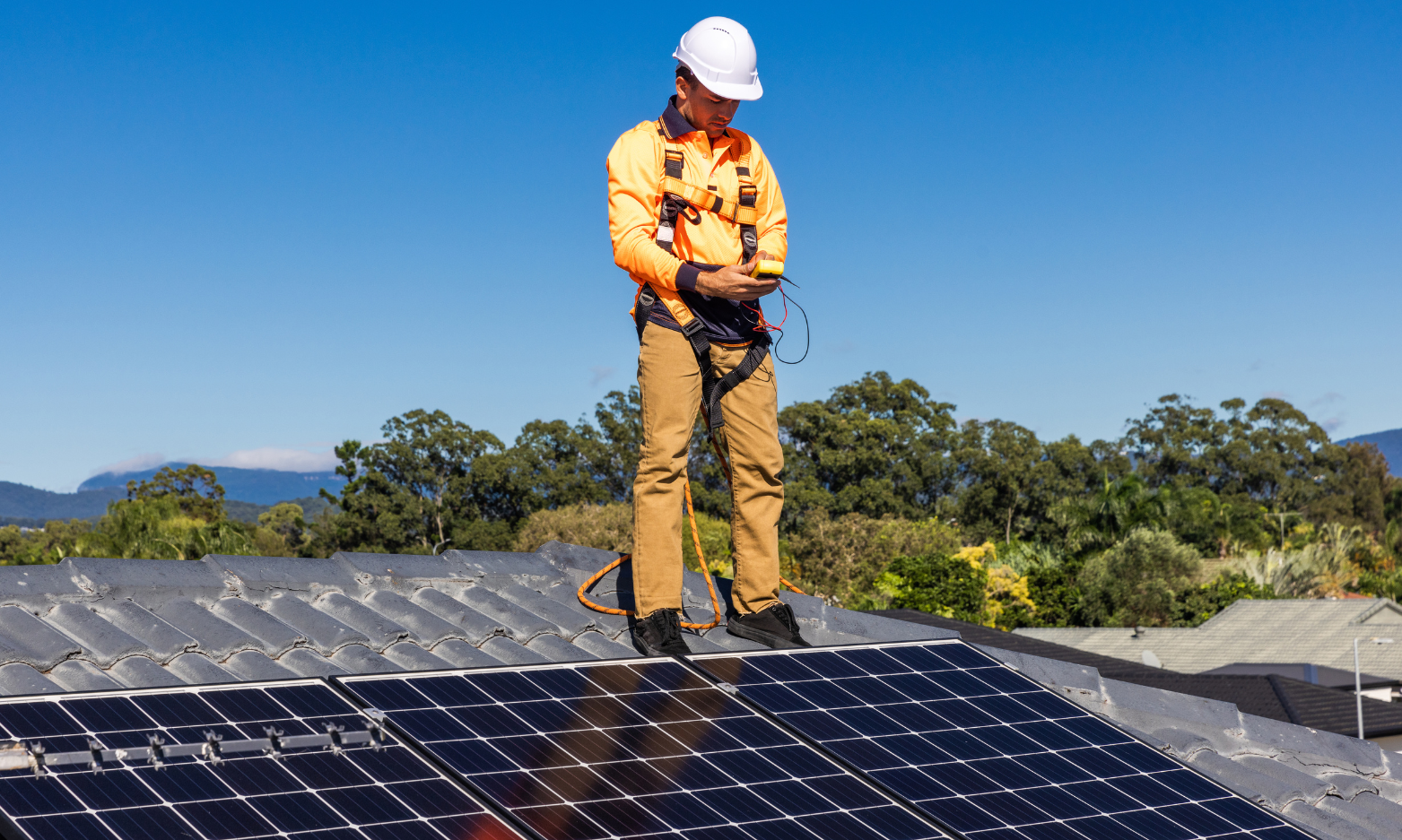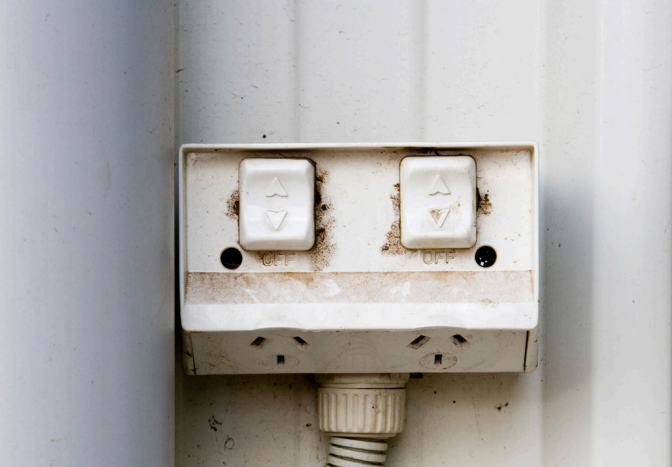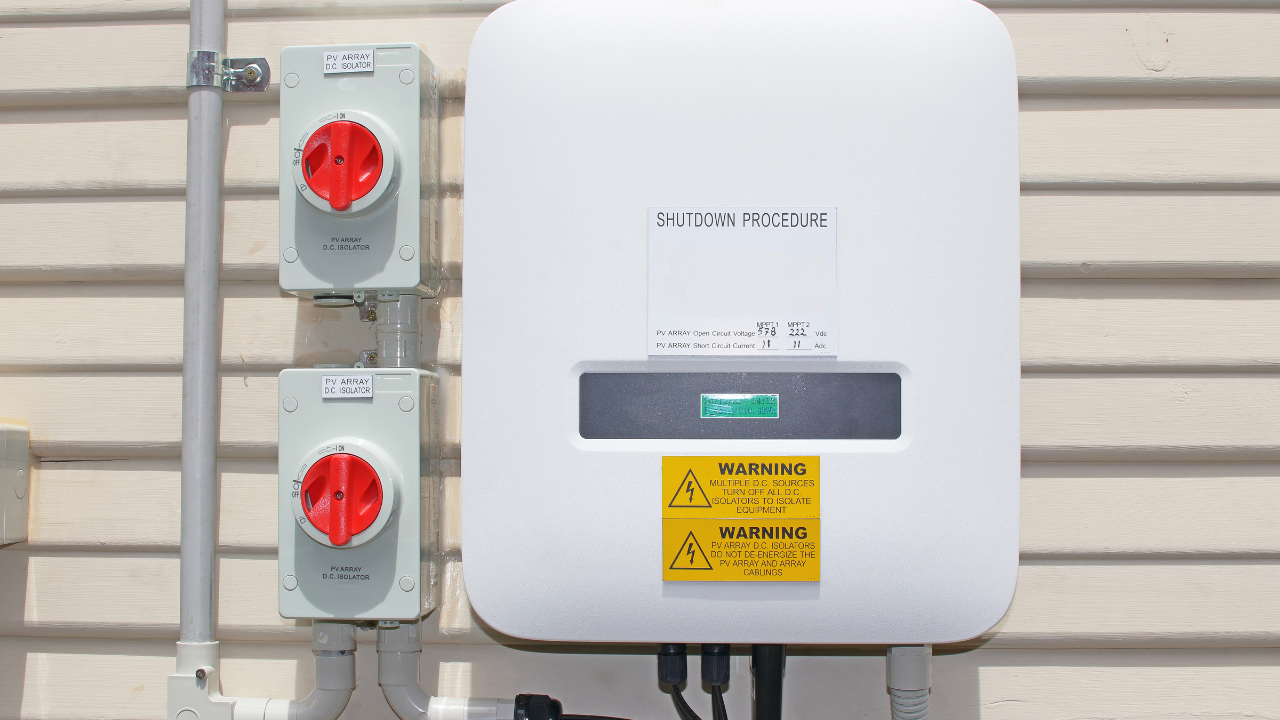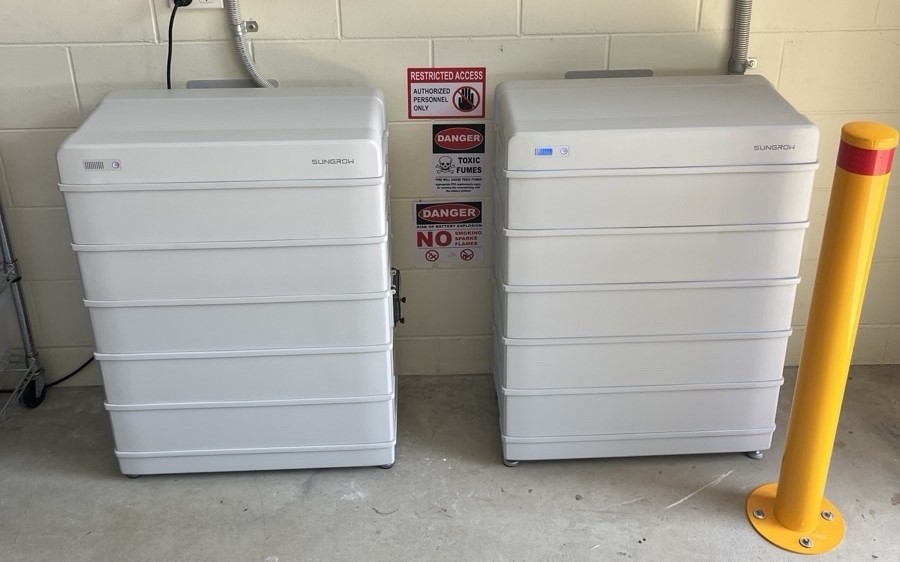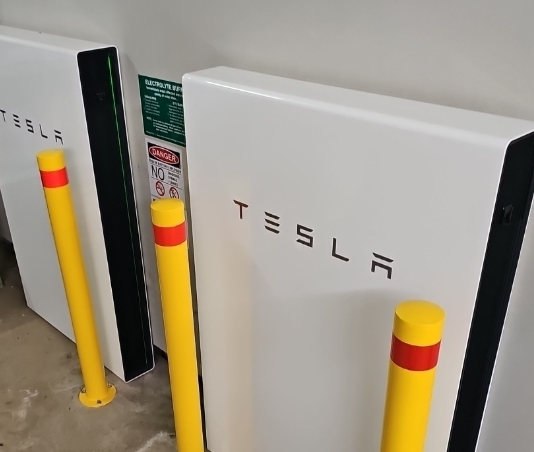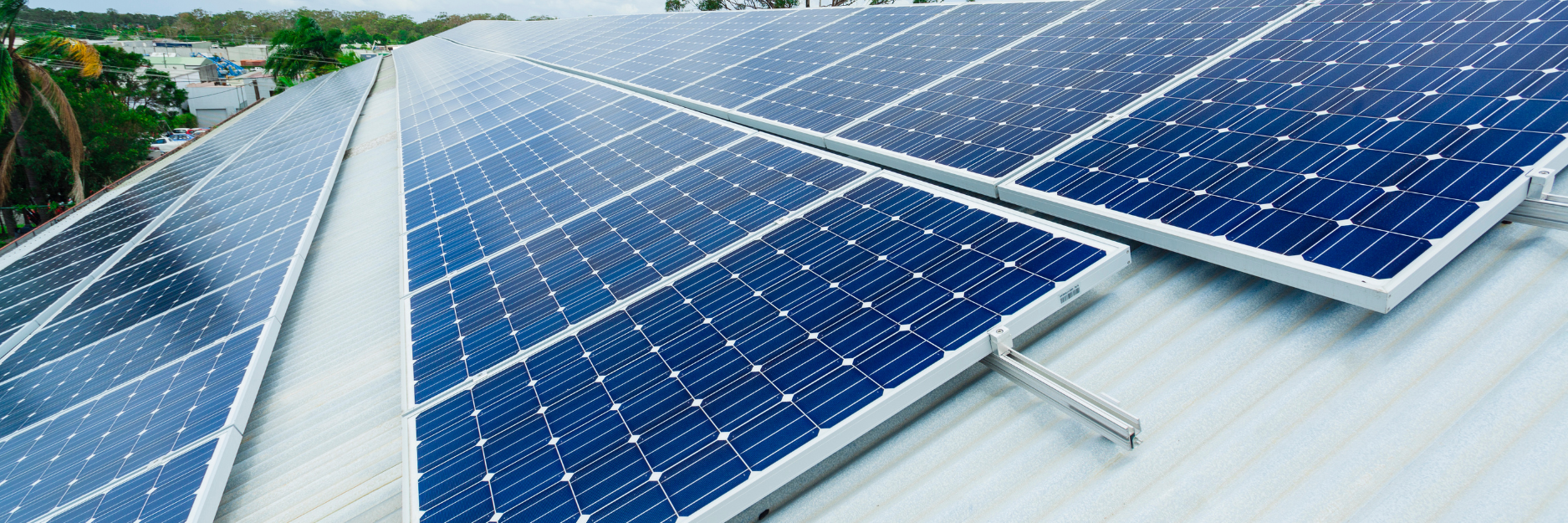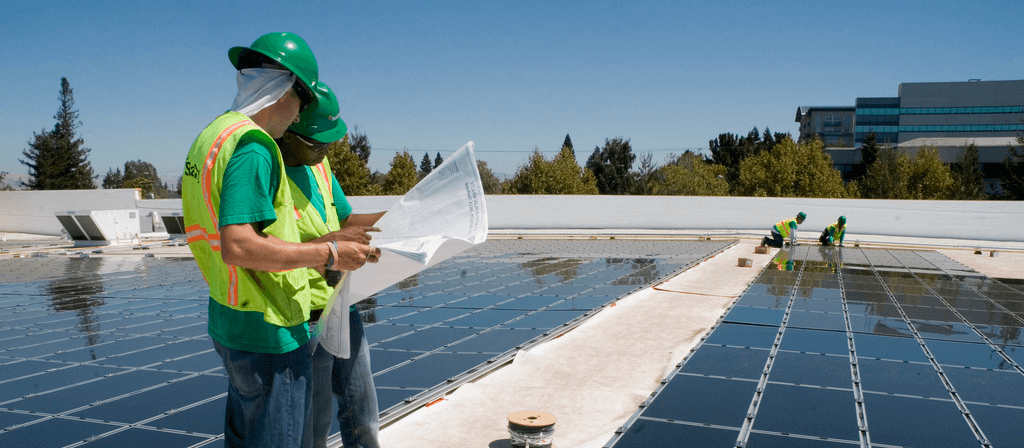As Australia’s solar fleet matures, many older systems installed 15–20 years ago are showing signs of decline — panel degradation, inverter failure, and reduced energy yield. In response, asset owners are increasingly turning to repowering solar PV systems: the process of replacing or upgrading aging solar infrastructure to improve performance, ensure compliance with updated standards, […]
Category: Blog
Preparing Your Solar and Battery System for Extreme Weather Events
With Cyclone Alfred making its way toward Queensland, many homeowners with solar battery systems are concerned about the impact of the storm on their installations. While cyclones and severe storms can pose challenges, it is important to note that modern solar battery systems are designed with protective measures to withstand harsh weather conditions. Taking the […]
Earth Faults in PV Systems: Identification, Safety, and Repair Strategies
Earth faults can be a frequent issue for any size solar PV installation and may occur intermittently or persistently. Earth faults can impact system health and reduce productivity but can also cause serious damage to property and put human lives at risk. Every solar technician needs to know what they are, how to find them, […]
Updates to Signage Requirements from AS/NZS 4777.1:2024
The signage requirements of AS/NZS 4777.1:2024 build on those of the 2016 standard, introducing new elements such as EV labels and IPSD labels that were not previously included. While key requirements for shutdown procedures, multiple supply warnings, and accurate labelling of circuit breakers (CBs) and isolators remain largely unchanged, the 2024 update introduces important new […]
RCD Requirements for Backup Power from Solar PV Inverters
Some solar PV inverters offer a backup circuit that can be used even without the presence of batteries. This backup circuit offers the ability to power a small load, when the PV system is generating energy and when the grid is unavailable. Examples of these inverters include the following: 1. Fronius GEN24 Plus (with “PV […]
Using Solar and Battery Hybrid Inverters for Emergency Circuits: Managing the Neutral Connection
Solar and Battery Hybrid Inverters (also called Multiple Mode Power Conversion Equipment see AS/NZS 5139:2019 Introduction) are being used to power essential services (also called emergency sub-circuits, dedicated loads or selected loads) during grid outages. These systems allow a household or business to continue running critical services such as refrigeration, essential lighting, medical equipment, or […]
NSW Peak Demand Reduction Scheme: Essential Guide for Battery Installers
The New South Wales (NSW) Department of Climate Change, Energy Efficiency and Water (DCCEEW) [pronounced D’Queue by department personnel] introduced the Peak Demand Reduction Scheme (PDRS) in 2022. This scheme, which is administered by the NSW Independent Pricing and Regulatory Tribunal (IPART), uses a market-based mechanism to incentivise the installation and usage of energy efficiency […]
Understanding BESS Earthing Requirements in Electrical Installations According to Australian Standards
Earthing is a critical aspect of electrical safety in installations, ensuring that any exposed conductive parts are properly grounded to prevent electrical shocks or fire hazards. However, there is often confusion regarding the correct application of earthing requirements, especially when earth terminals are found unused in some installations. This document aims to clarify the circumstances […]
Understanding the 1000V Rule in AS/NZS 4777.1:2024
The latest update to the AS/NZS 4777.1:2024 standard introduces significant changes for residential solar installations, with one of the most notable being the new 1000V rule. This change allows installers to implement higher voltage solar systems in residential settings, but only if they strictly adhere to the updated compliance requirements. What is the 1000V Rule? […]
Solar Jobs In Australia: How to work in the solar industry in 2024
Solar Is big, but are the jobs growing? In the past, solar jobs in Australia have risen and fallen on the “solarcoaster”. However, the solar industry is on steady legs now that solar is the cheapest form of electricity. The solar industry continues to show strong growth in Australia with greatly increasing rooftop solar and […]


